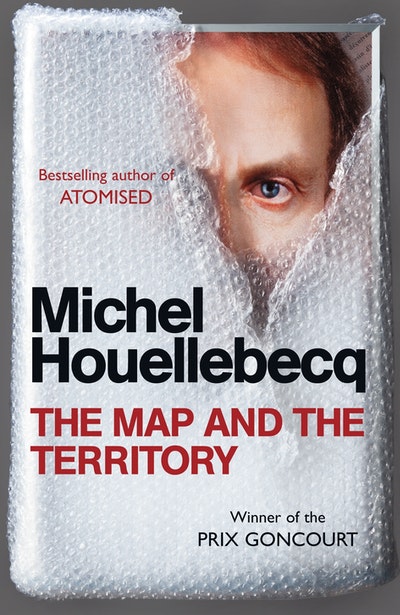Over the past many years, I have noticed myself talking more about being “in” my power. Whether that’s wanting to step into my power, wanting to be with someone who is in their power, etc.
But what exactly does that mean? To be “in” one’s power?
Lately, I’ve been thinking about how we give our power away.
While I was doing some healing work a few weeks ago, I had a strong, visceral experience of what it felt like to give away my power. Not surprisingly, it did not feel good. I felt small, weak, lost, bereft — helpless.
So now I’ve been paying attention to how that happens for me — how I give my power away. It seems to be primarily in situations where I am trying to earn someone’s approval or acceptance, where I am trying to be “good.”
There is a sense, in these moments, that I am trying to be somebody for somebody else. That is, rather than being myself, I am trying to contort myself into who I think someone else wants me to be. I am trying to fit into their definition of “good” — rather than my own.
And that is where the power leaks out — in thinking that I should be looking anywhere else, to anyone else, to understand how to be me. In thinking that there’s a way to get it “right.” Which, by extension, means there’s a way to get it wrong.
*
A wise being recently told me that power is the free flow of love. I am fully onboard with this beautiful definition, but I am still sitting with the implications. It’s a lot to absorb within the context of a culture that has very different notions about what constitutes power.
But let’s run with it. If power is the free flow of love, then what is happening when we give away our power?
One perspective might be: When we are trying to be “good” by someone else’s standards, we are restricting the free flow of love to ourselves until some external approval is obtained. We are not allowing ourselves to receive love until some outside criteria is met.
Another perspective might be: When we get lost in imaginings of how we are wrong, or how we have been wronged, we are actively choosing to dwell in the smallness of separation. To cut ourselves off from the expansive possibilities of love (and thus power) all around us.
I think of these looping thoughts of wrongness — which I personally find quite tempting to indulge in — as “paths of diminishment.”
When we follow these paths, we willingly choose to pursue thought patterns that increase our anxiety, our anger, our resentment, and our separation from others and from ourselves. They make us feel diminished and unworthy of love.
And the further we walk down these paths of diminishment, the further we stray from ourselves, the further we stray from our power.
It’s like unraveling a ball of yarn. (In this metaphor the ball of yarn is your power intact and inviolate.) Each time you wander away from yourself down one of these paths of diminishment, you carry a strand of your power. And little by little, the ball of yarn unravels as we wander away from ourselves again and again and again.
How can we wind it back up? How can we re-collect — and recollect, as in “remember” — our power?
My friend and teacher Lorraine says, “Everything comes to you because you’re really being yourself.”
To be yourself, fully, is to open to the free flow of love — and thus to power. To not block that flow by trying to be somebody for somebody else. To not block that flow by trying to be “good” by someone else’s standards. To not block that flow by trying to contort yourself into an unnatural shape in order to fit in.
You must give yourself the approval you need.
You must choose yourself.
No one else can do it for you.
— Jocelyn Gei



